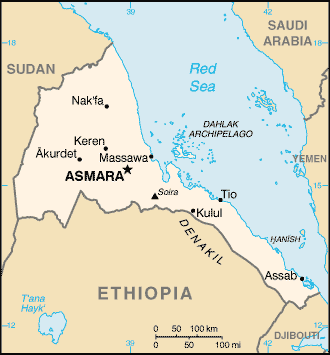
So, a few things that I've noticed or been surprised by in all of the reports coming out on the guy who tried to bomb Times Square:
1) When the Pakistani Taliban initially claimed responsibility for the attack, I scoffed. After all, the TTP is a local group based in the tribal areas with parochial concerns that had focused all of its are against the Pakistani government in the past. I was wrong.
It looks like the TTP has "internationalized" due to the presence of Al Qaeda in its stomping ground and, I would presume, because of the US drone war. Of course, if Shahzad did have connection to the TTP, it's still unclear whether the group's role in the attempted attack was operational or simply motivational. This is speculation, but I wouldn't be surprised if Shahzad's radicalization resulted at least in part from anger over US attacks in Pakistan, since he had been such a model US citizen up until recent years.
This is not to "blame the victim," but simply to recognize the
phenomenon that Robert Wright has pointed to--that invading or otherwise attacking Muslim countries is going to result in some blowback. Nidal Malik Hassan was motivated by the wars in Iraq and Afghanistan. There is speculation that Najibullah Zazi may have been motivated by the drone war. The double agent who bombed the CIA base in Khost was angry over US support for Israel in the Gaza War (Operation Cast Lead).
None of this is a direct comment on the propriety of these policies (although they should be vigorously questioned), but simply an acknowledgment that there are "side effects" to foreign policy decisions, and that these should be included in the cost-benefit analysis.
2) As
Armchair Generalist has so eloquently pointed out, the fact that Shahzad is being charged with attempted use of WMD is patently ridiculous. If a couple cans of gas and some fireworks can constitute a WMD, then the term has gone far beyond jumping the shark and descended into parody. Here's the
federal statute in question.3) According to the FBI, Shahzad was initially interrogated without being Mirandized under a "public safety exception." I didn't know that such an exception existed. It would seem to render most of the objections to Mirandizing terror suspects in the name of sniffing out impending attacks and other intelligence gathering purposes moot. After the FBI agents determined that there were no impending threats related to Shahzad, he was Mirandized and treated like other suspects (and continued cooperating).











